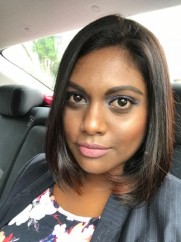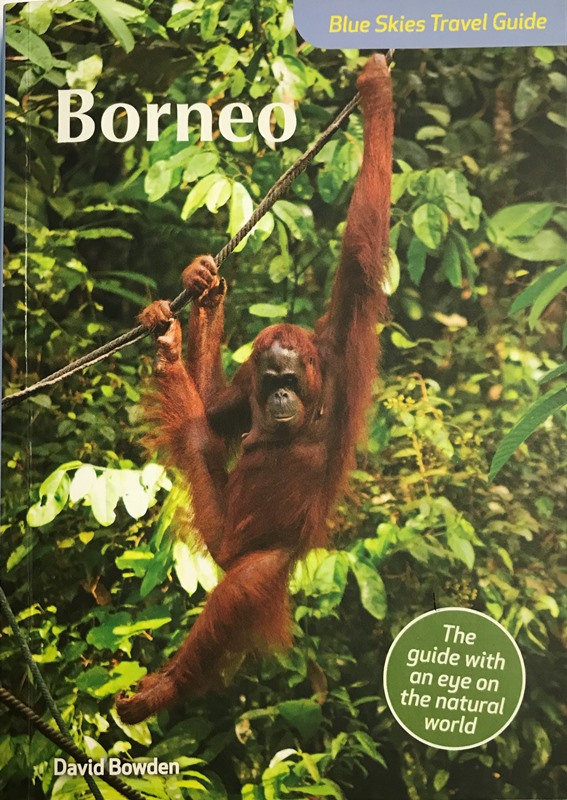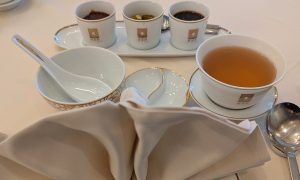I was first introduced to the work of David Bowden when I bought a visually beautiful coffee table book called Enchanting Penang, in a very popular café in Georgetown. I was born in Penang, and spent the better part of my secondary school years there before becoming an expat myself for a good 15 years. I found his book when I was on holiday in my home town some years ago, and decided it would be a great conversation piece for people asking me about my island. And as it happens quite a lot, I would just show them the book.
Following the Enchanting series (Enchanting Malaysia, Enchanting Langkawi, Enchanting Penang, and Enchanting Borneo), is his latest piece simply called Borneo, printed in the form of a pocket book by Blue Skies Travel Guide.
These are a new series of pocket-sized travel guides aimed at first-time travelers, featuring an extended introduction to the natural history of the destination. Written in three parts, the first section describes the major highlights and the natural environment, with details on where and how to explore the nature and wildlife of Sabah, Sarawak, Brunei, and Kalimantan. The second section looks at the significant locations with information for each on plants and animals, cultural sites, interesting architecture, local food and customs, activities, entertainment and shopping opportunities. The final section contains all of the practical information needed both before and during a stay.
Borneo, the world’s third largest island, consists of three countries: Malaysia (the states of Sabah and Sarawak), Indonesia (Kalimantan), and Brunei Darussalem. . Venturing into Borneo invites a kaleidoscope of adventurous travel. With vast rainforests that are over 130 million years old, over 63 different species of endemic mammals, and 61 species of endemic birds, a rich history of trade of Western-Eastern trade, and more than 40 ethnic tribes, anyone who has ever visited Borneo for the experience will leave wanting more. As it is quite impossible to experience everything the island has to offer in one trip alone, no matter how long it may be.
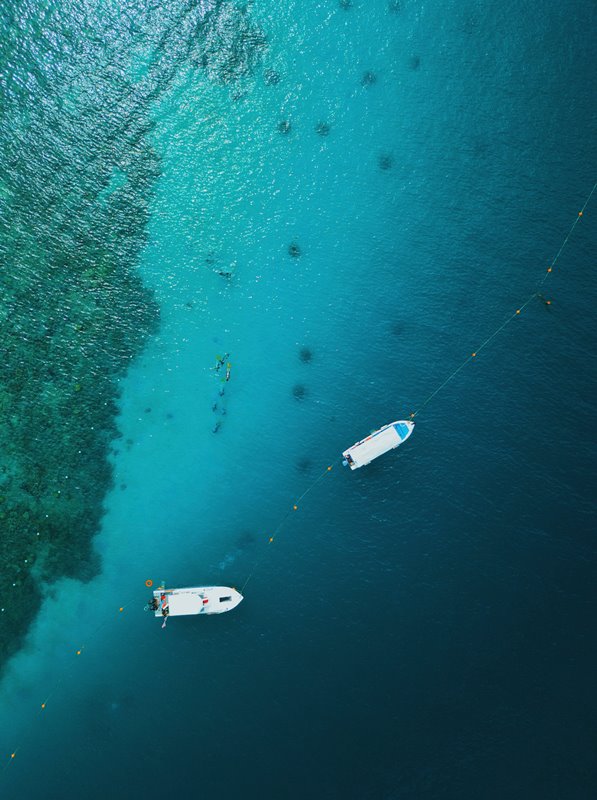
One of its many fascinating features is that the whole island sits in the middle of what is known as the Coral Triangle, which extends from Sumatera eastwards to the Solomon Islands in the Pacific Ocean. Its waters harbor the largest collection of coral reefs in the world, and in turn, the corals support vast numbers of other marine organisms. The Coral Triangle is home to some 600 species of coral, 3,000 fish species, and the largest extent of mangrove forests anywhere on the planet. Some 75 per cent of all the world’s coral reef species survive in the Coral Triangle, as do six of the world’s seven species of marine turtles. Known as the ‘Amazon of the Oceans’, the Coral Triangle is vitally important as the nursery of the sea for many species that are of benefit not only to science, but also to humans as a source of food.
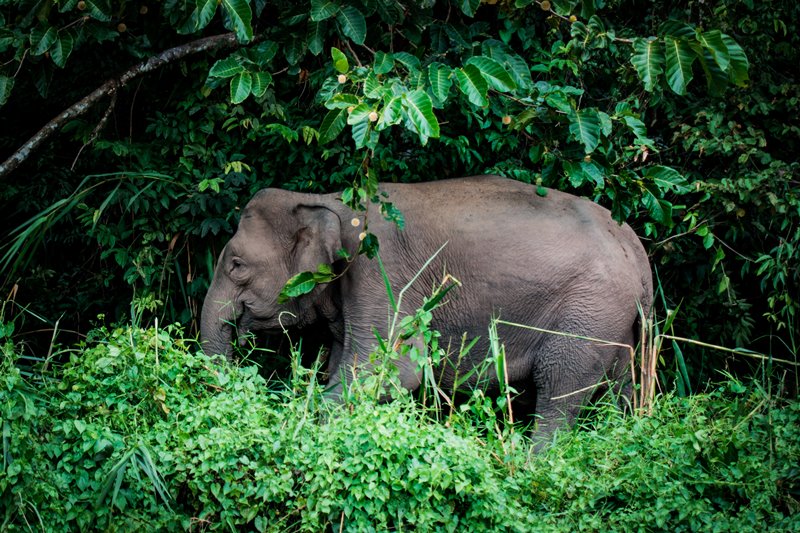
Borneo is home to 20 million people, although the remotest communities are unlikely to be included in this total. Numerous people now live an urban existence, and while international cultural performances are staged in places such as the Sarawak Cultural Village in Damai, many communities maintain their cultural traditions locally, and are happy to share them with visitors.
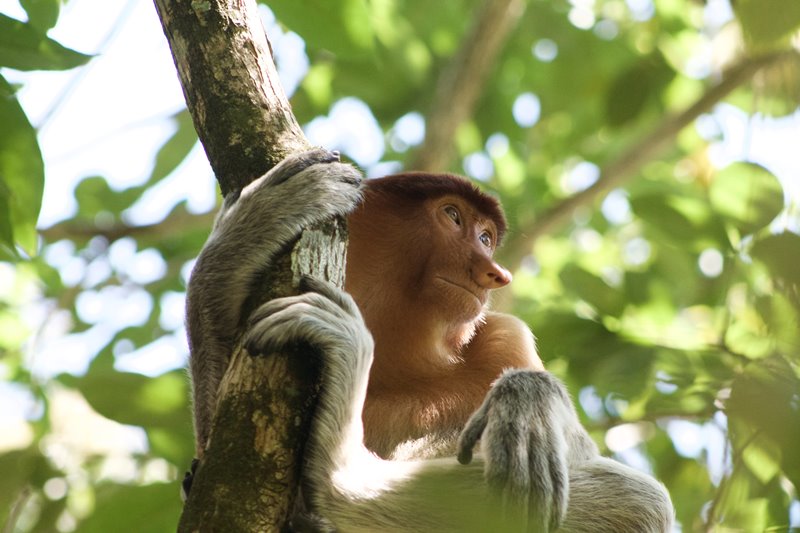
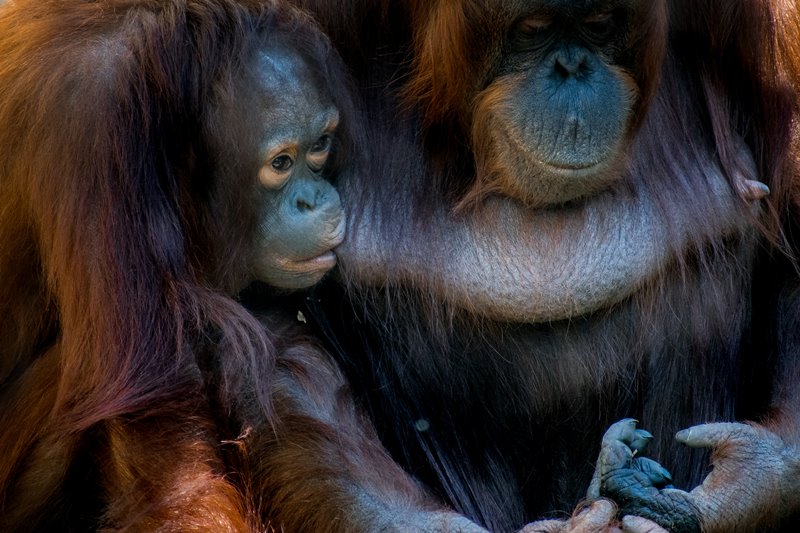
As for its biodiversity, the rainforests and waters in and around Borneo are some of the richest and most important of any ecosystem in the world. Which is why the island’s ecotourism is essential to the survival of the forests, as it gives ongoing value to these natural areas that in many cases, are seen as a resource to exploit. Ecotourism assigns sustainable value to the natural resources and provides communities with an income, while preserving these valuable resources.
Covering all the important facts for traveling in Borneo; its main cities, national and marine parks, animal conservations, cultural villages, festivals, as well as its customs and etiquette, this is a thoroughly researched guide of just 160 pages, for anyone looking to visit, and explore the island.
David Bowden is a freelance photojournalist specialising in travel, food and the environment. While being an Australian national, he has been based in Asia for over two decades. He is the author of several books travel books, as well as a contributing writer to the Expat magazine.
"ExpatGo welcomes and encourages comments, input, and divergent opinions. However, we kindly request that you use suitable language in your comments, and refrain from any sort of personal attack, hate speech, or disparaging rhetoric. Comments not in line with this are subject to removal from the site. "

